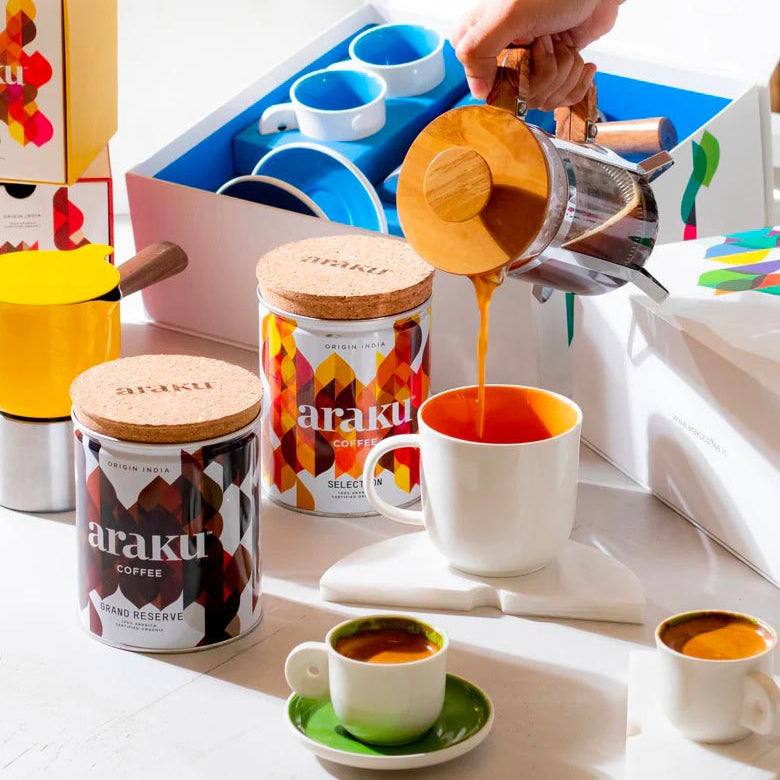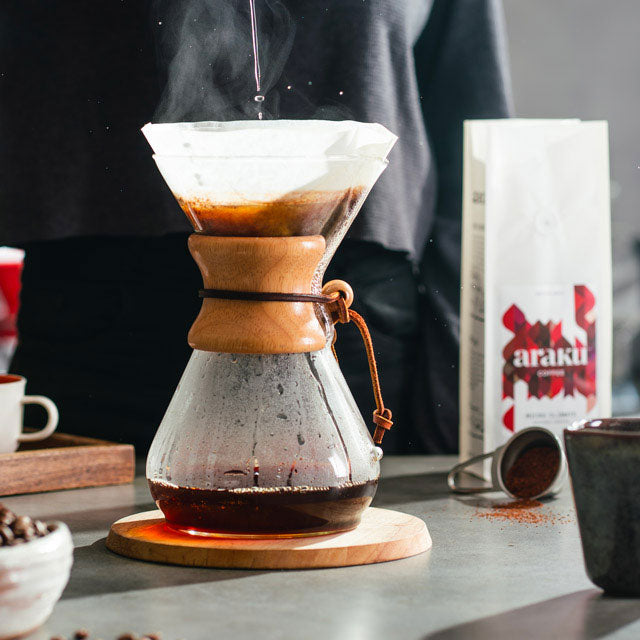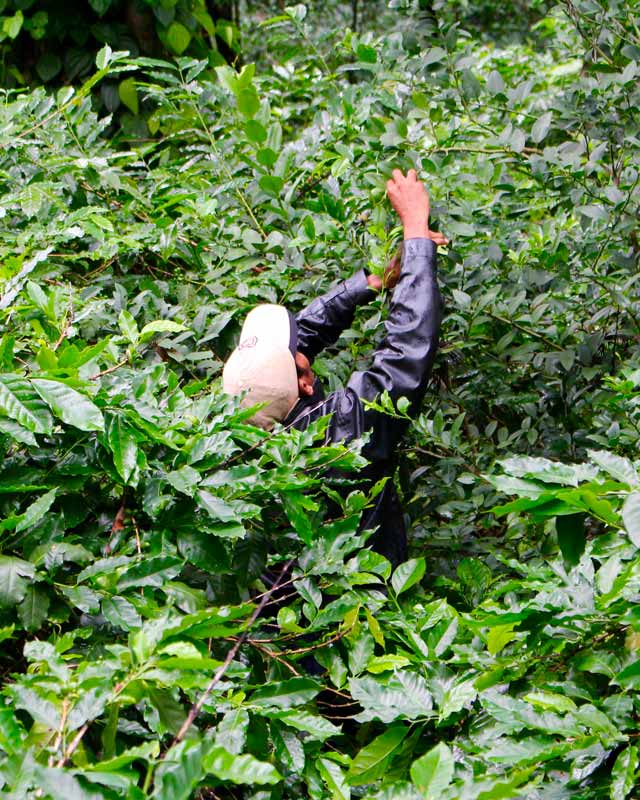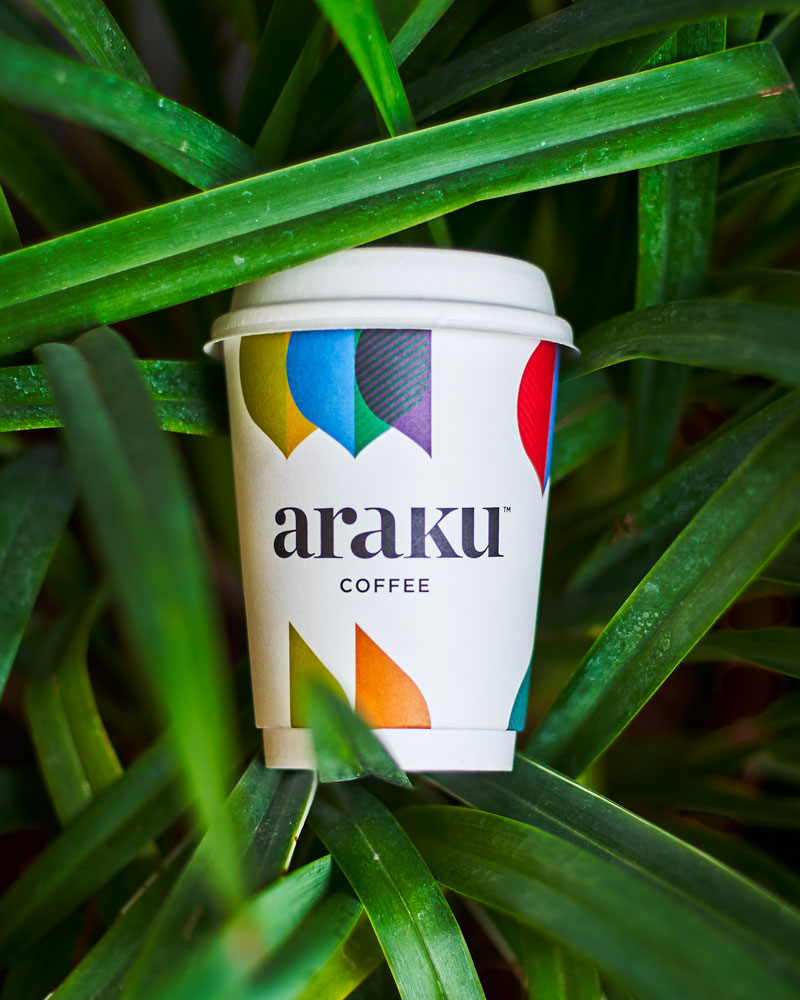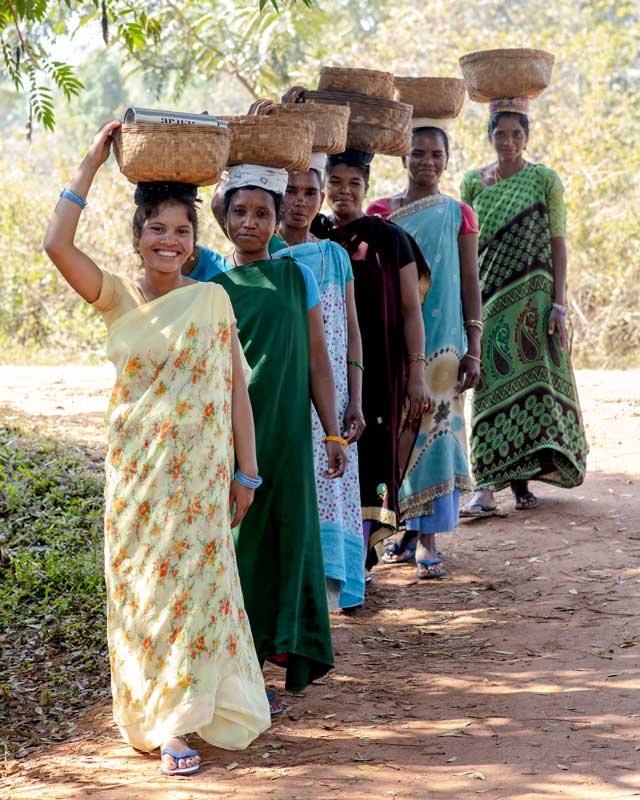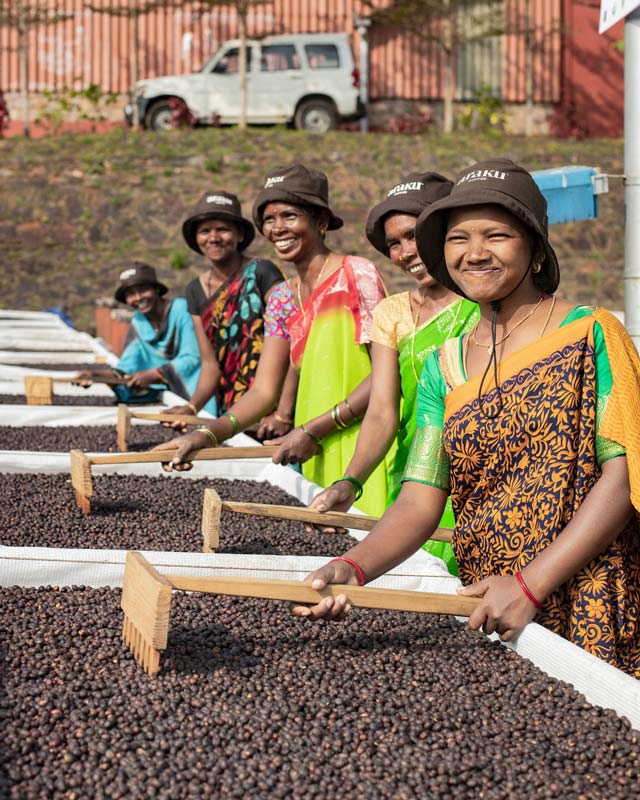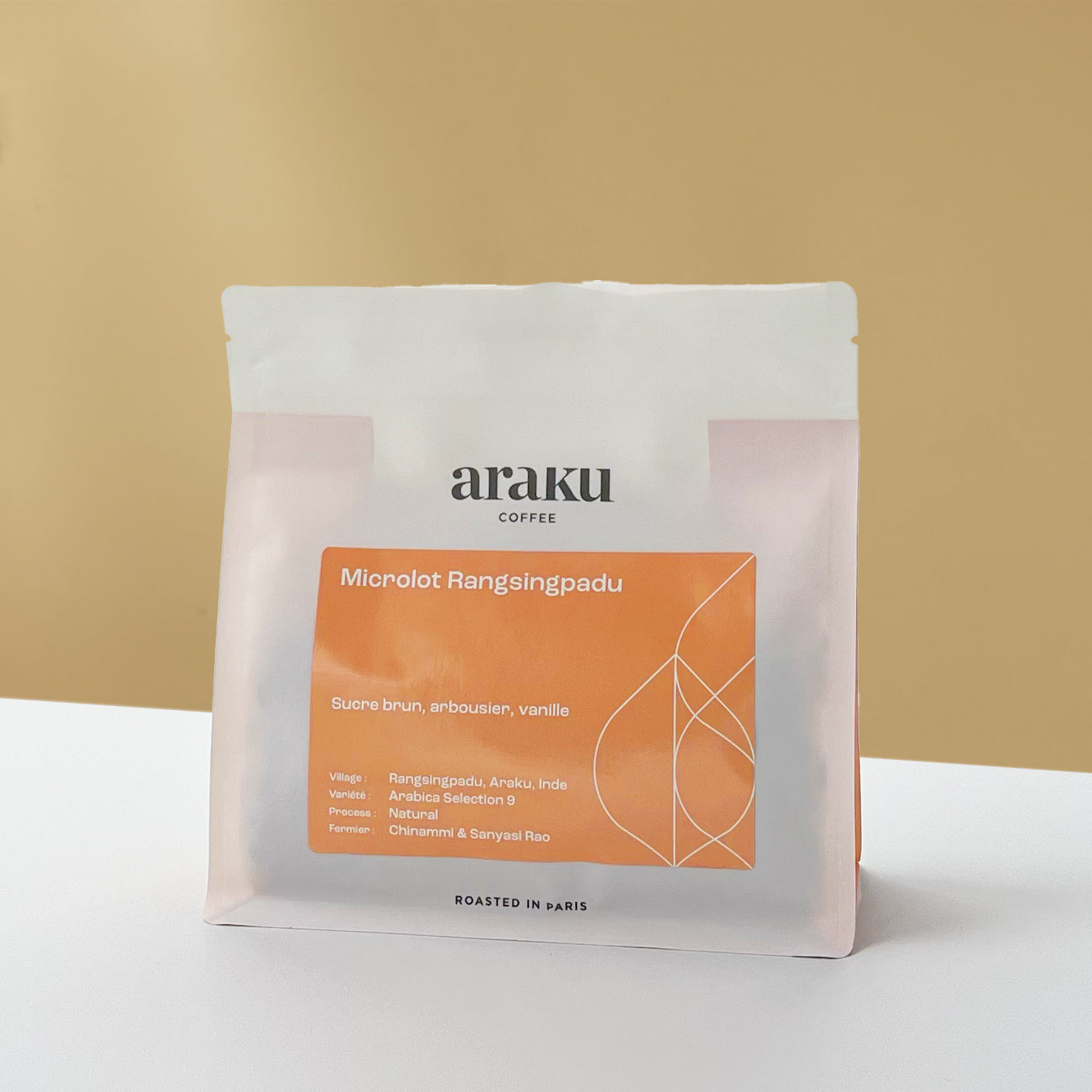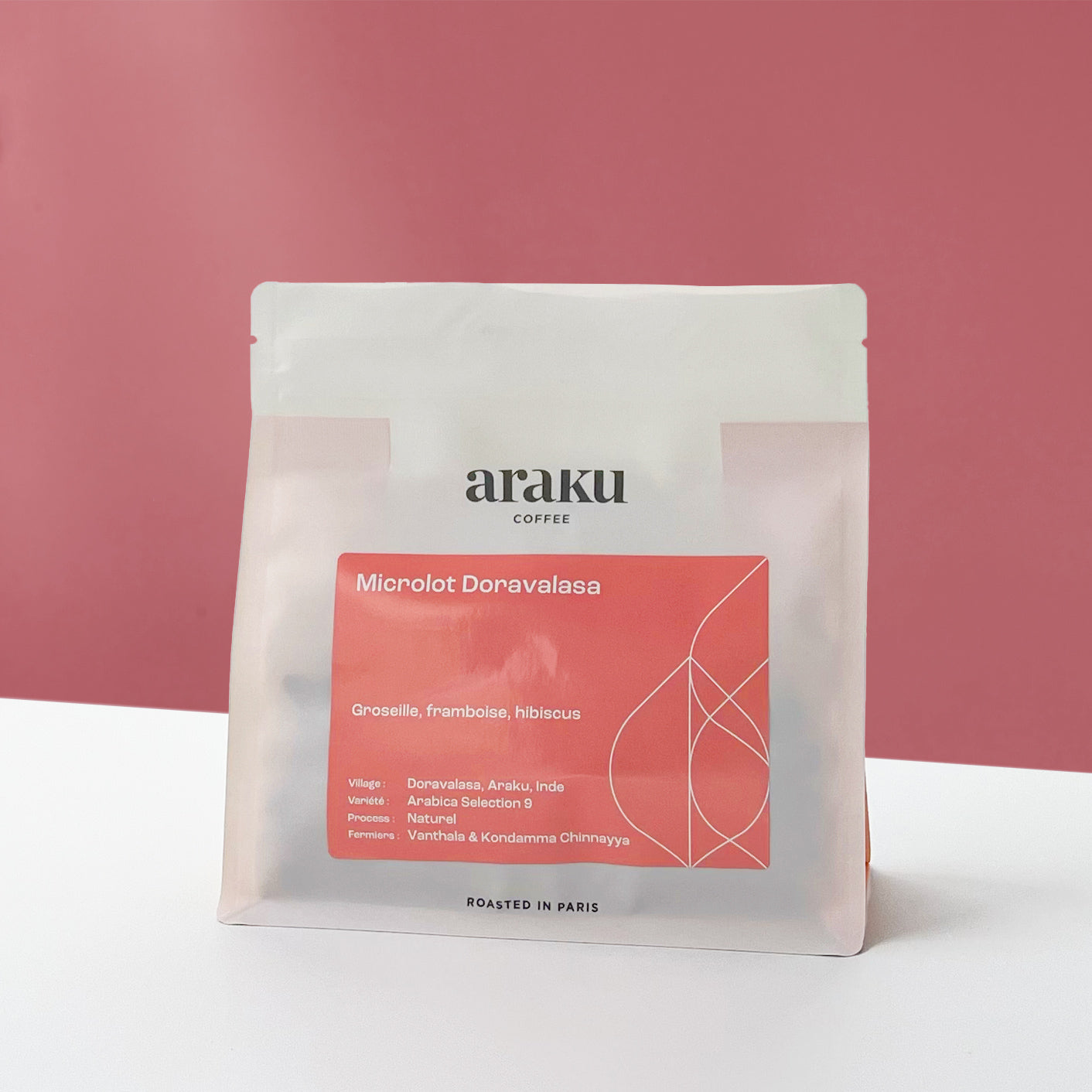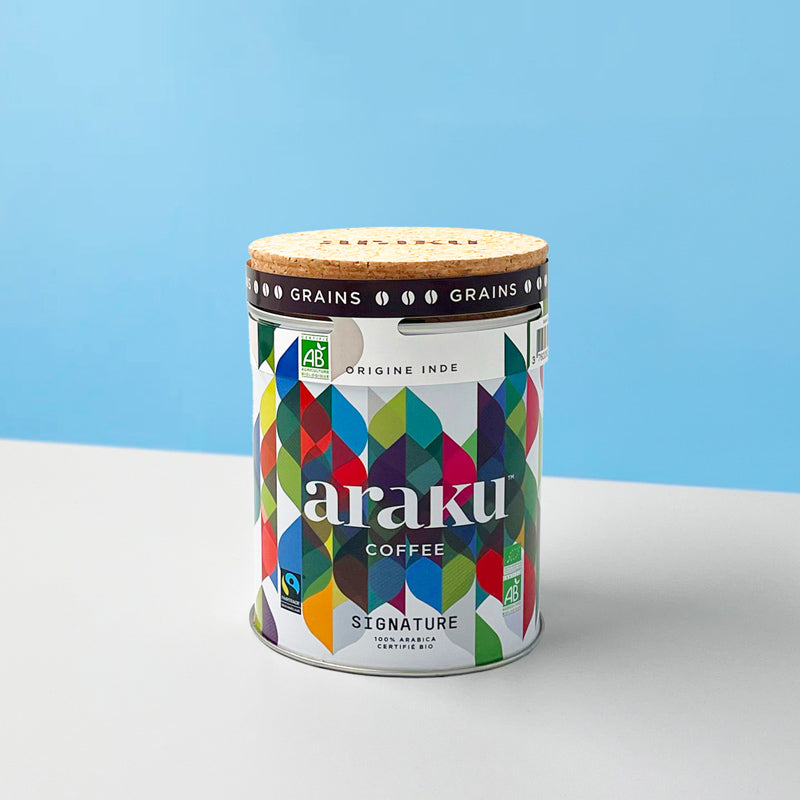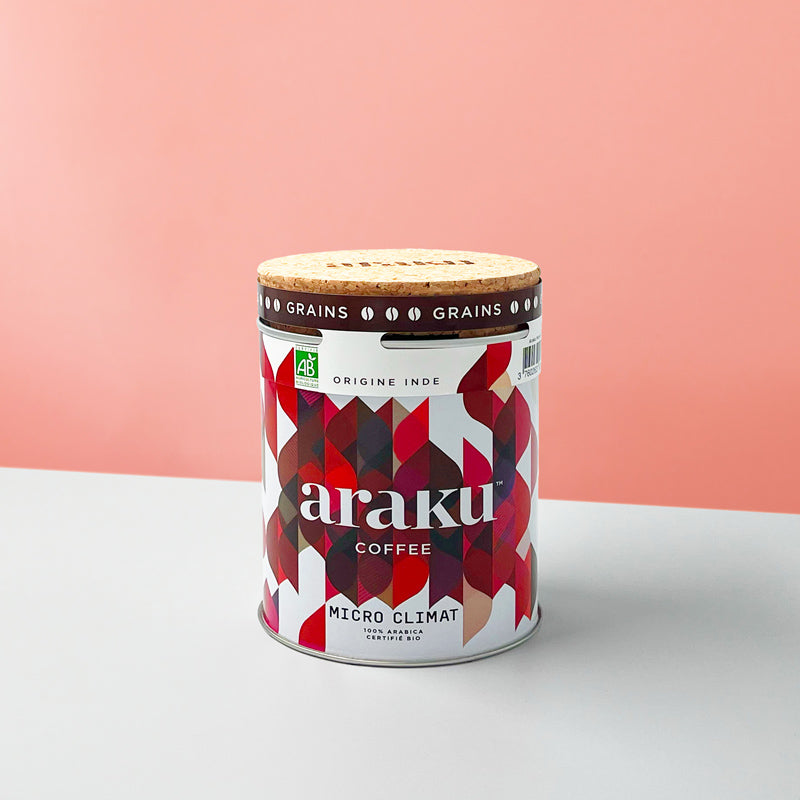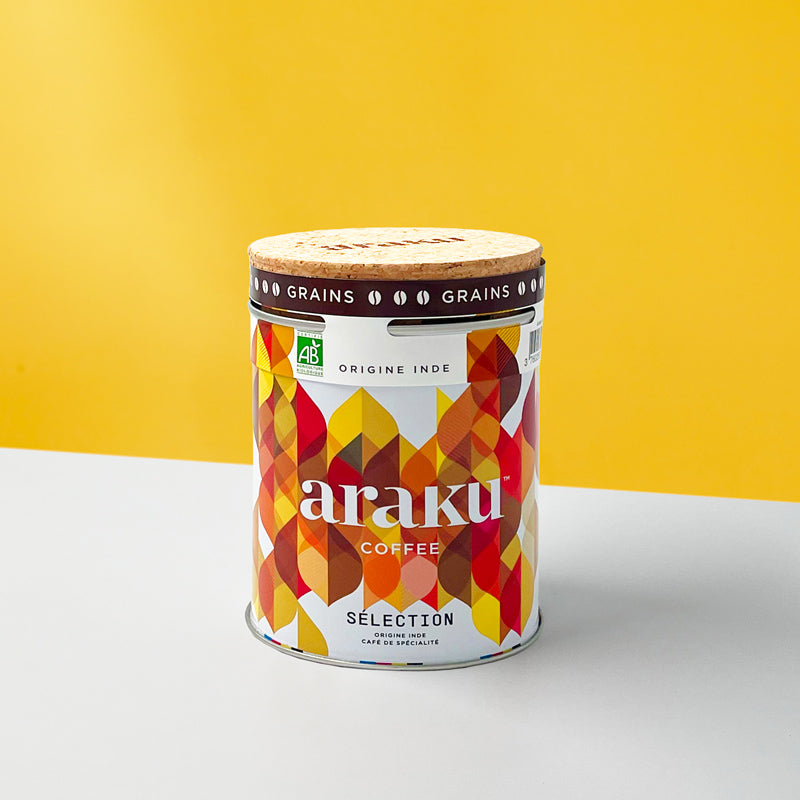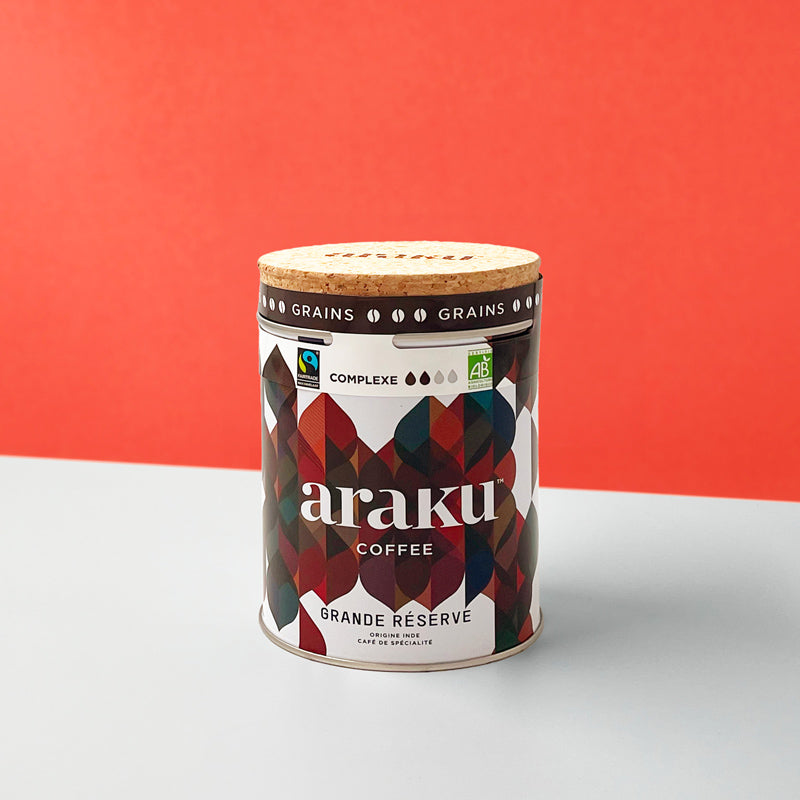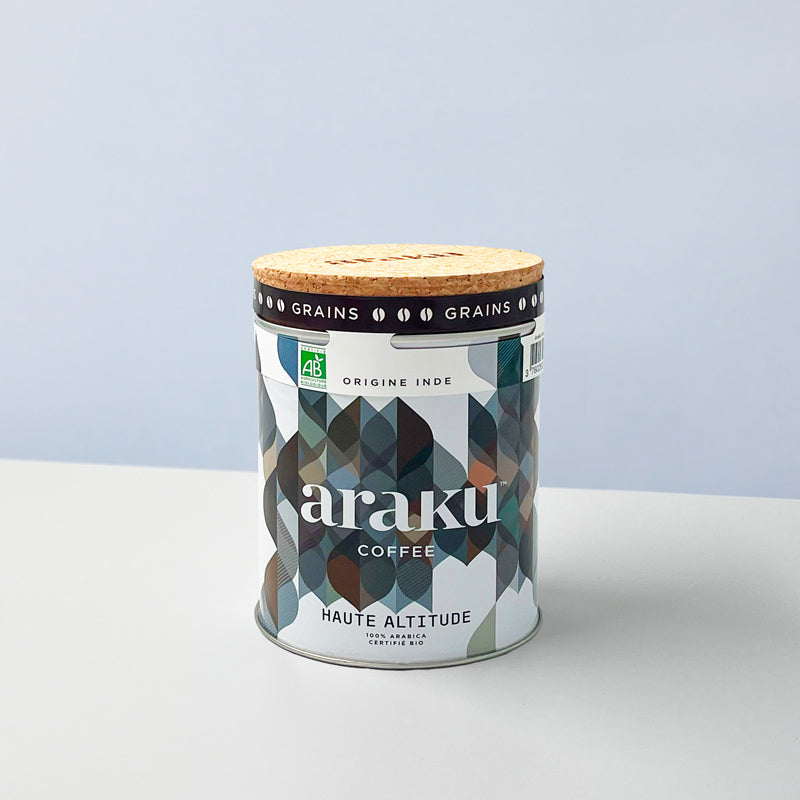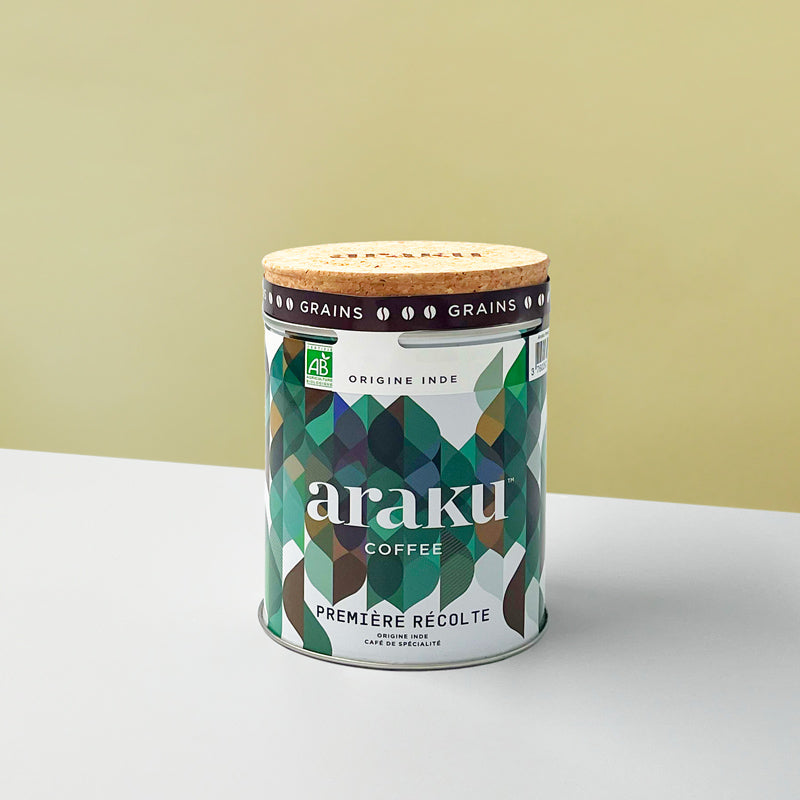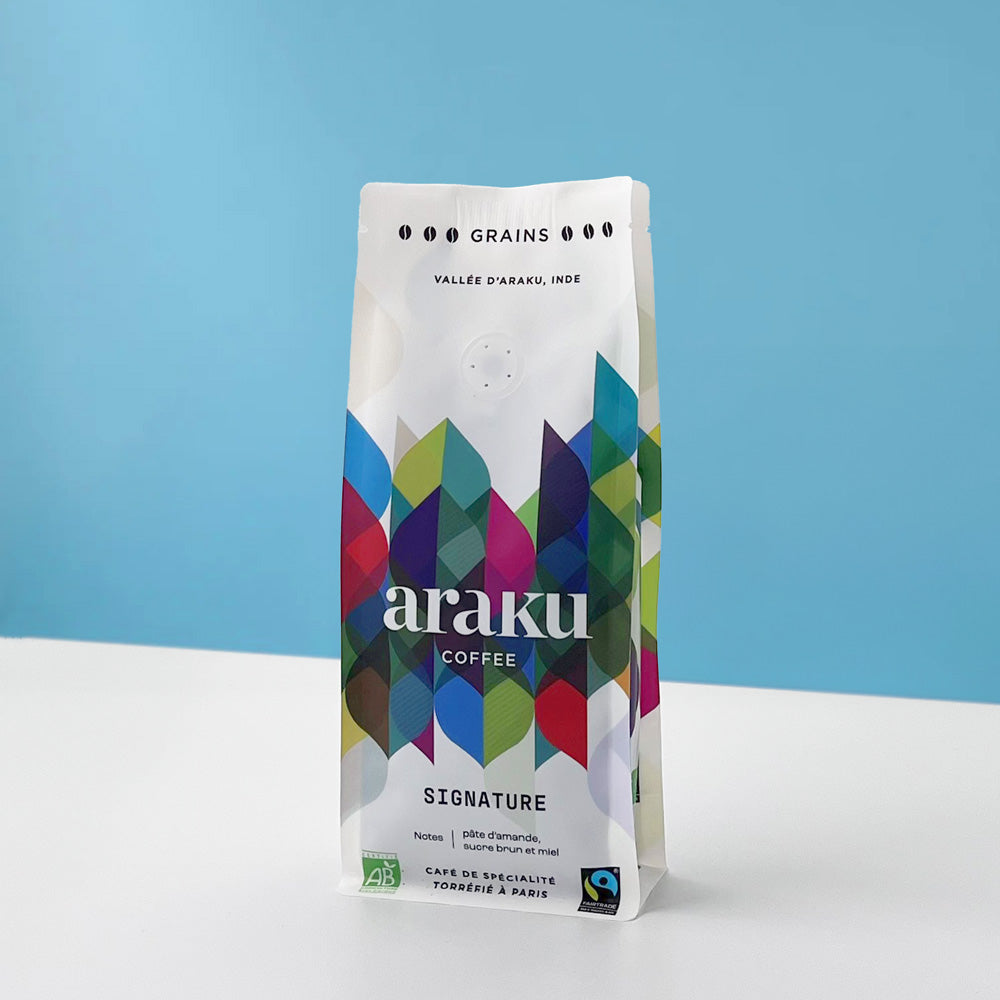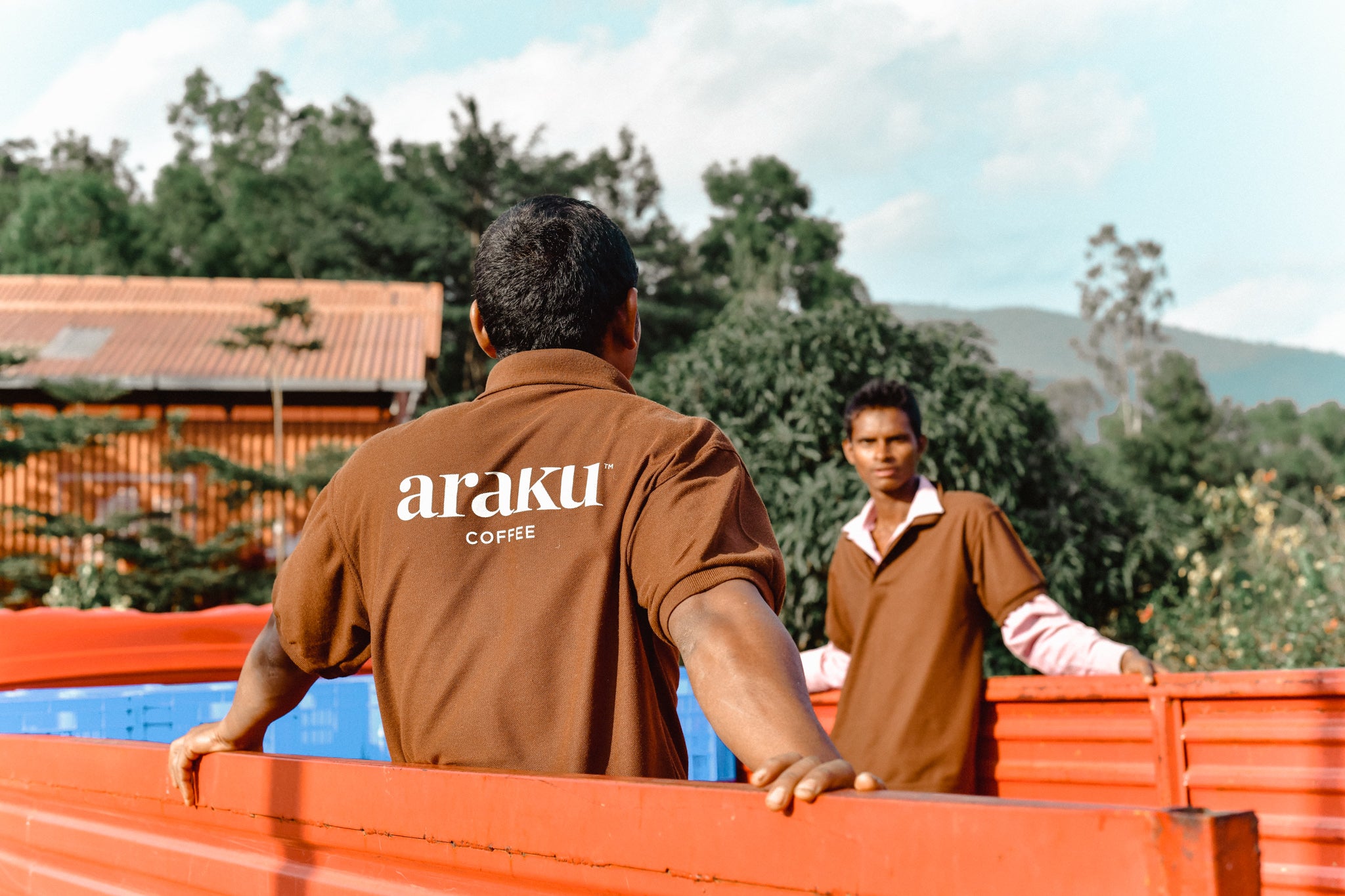What is organic coffee?
As with any other organic product, organic coffee is produced using environmentally friendly agricultural methods . Organic coffee beans are grown using practices that respect the soil and therefore without the use of chemical fertilizers. Thus, the organic designation is not used to describe the taste of a coffee or the quality of the beans. It describes the production chain, from planting to harvesting to transport and processing of grains to the consumer.
Organic coffee and organic labels: six criteria to respect
Obviously, a coffee producer cannot call himself an organic coffee of his own free will. To validate this designation in Europe, the European Union requires precise compliance with the criteria of the Organic Label and its specifications, implemented since 2010. To be labeled organic, an organic coffee must meet six well-known requirements:
Criterion No. 1: The use of chemical fertilizers, pesticides and any other synthetic product is strictly prohibited on coffee plantations. Producers should favor natural and organic alternatives, such as compost, pest control insects or mechanical means of weeding.
Criterion No. 2: The producer must prove that the soil used for growing coffee beans has not been sprayed with chemicals for at least 5 years.
Criterion no. 3: GMOs (Genetically Modified Organisms) cannot claim organic coffee labeling.
Criterion No. 4: Coffee plants must have enough space to develop naturally. Additionally, in order to avoid soil degradation and nutrient depletion, farmers should practice crop rotation , alternating coffee cultivation with other crops that complement soil health.
Criterion No. 5: Organic coffee beans must be harvested by hand to preserve the quality of the beans and minimize the impact of mechanical harvesting on the soil.
Criterion #6: Storage facilities and transportation methods for organic coffee must not involve chemicals or synthetic materials that could contaminate the coffee beans before they are marketed.
Araku’s vision of organic
Organic certification is obviously an important step since it reassures consumers.
But our vision of regenerative agriculture goes much further than strict respect for these 6 criteria.
In the Araku highlands, it is not simply a question of farming without chemicals but of restoring ecosystems. For example, 40 million trees have been planted over the past 20 years since all our plantations are cultivated using agroforestry; the trees which provide natural shade to our coffee plants provide this biological diversity all year round! It is also the provision of natural fertilizer via compost which, by reusing organic waste, reduces adjacent slash-and-burn crops. Or the mapping of Araku villages, shared with farmers, so that the separation is clear between plots of firewood, rice and cereals, plants for livestock, food forest around coffee and finally primary forest .

